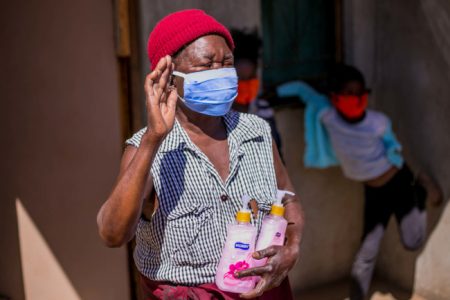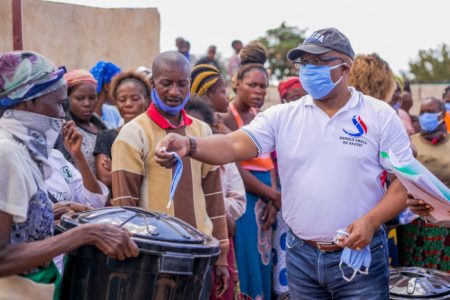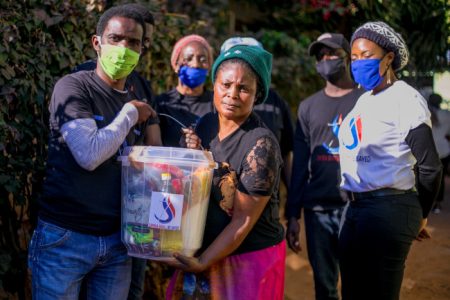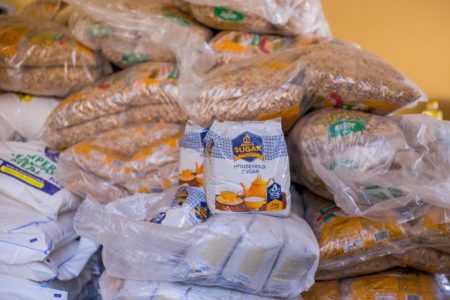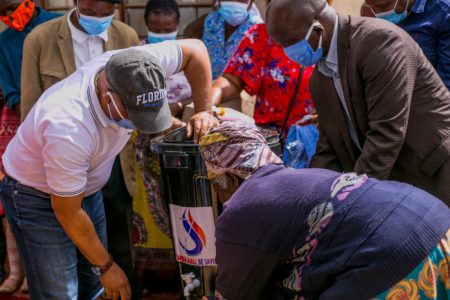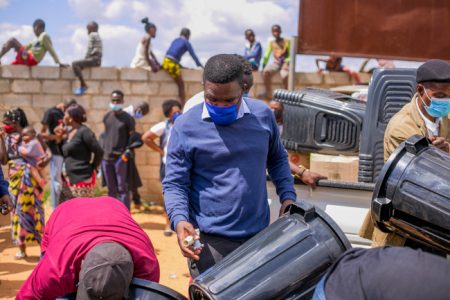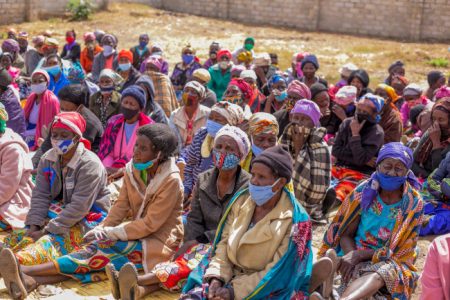Projects & Programs
Entrepreneurship
Entrepreneurship empowers individuals to take control of their financial destinies, promoting economic self-reliance and financial stability.
ZBSF aims to provide different skills training, financial literacy and a plethora of education aimed at encouraging entrepreneurship for vulnerable communities.
Relief Services
ZBSF is committed to the well-being of those we serve, our foundation is fully equipped to provide swift and effective relief services in response to emergencies. Whether it be natural disasters, pandemics, or unforeseen crises, we understand the urgency of the situation and are prepared to mobilize resources for immediate and impactful responses. Our dedicated team, coupled with strategic partnerships, enables us to deliver essential relief services, including:
- Food and Water Distribution
- Emergency Shelter
- Medical Aid
- Psychological Support
Through these efforts, we aim not only to alleviate the immediate suffering of those affected but also to lay the foundation for long-term recovery and resilience.
Health & Wellness
- Adoption of Clinics
- Men’s Health Promotion
- Maternal and Child Health
- Adolescent Health
- HIV awareness and counselling services
- Mental Health
Education
- Some rural communities in Zambia do not have community schools.
- The attendance in these schools is sometimes low or overcrowded.
- Many schools do not have furniture or kitchen facilities.
- A very large percentage of the pupils are classified as vulnerable children and are orphaned by at least one parent.
- Sanitation in some of the existing schools is poor
- Making sure vulnerable communities have access to quality education
- Building Schools in each province
- Adopting schools
- Aiding schools with desks, boards and teachers’ equipment.
- Initiating feeding programs and improving existing food programs
- Promoting sanitation.
Water and Sanitation
- Borehole Drilling
- Water and Sanitation Education
- Pit Latrine Eradication Program
Zambia Shall Be Saved
Our Impact
Community Clinics

Zambia Shall Be Saved in cooperation with Victory Bible Churches and Victory Ministries International adopted wards in some hospitals and clinics in local communities to provide ongoing support and medical supplies.
Community Schools

ZSBSF has adopted some of these schools and provide the necessary basic needs for these children. Our children are our future and we must do everything possible to improve their standard of living and give them quality education.
Orphans and vulnerable children
ZSBSF has adopted a primary school in Gwembe Valley Southern Province. Sompani Primary School has about 400 pupils who are orphans and vulnerable. The foundation will be taking care of materials such as clothing, school and food supplies.
Covid Relief
The ZSBSF covid relief program in partnership with Mega Care a T.D Jakes organization brought relief to the people of Kalikiliki. Giving away masks, food essentials, water and covid sensitization.

